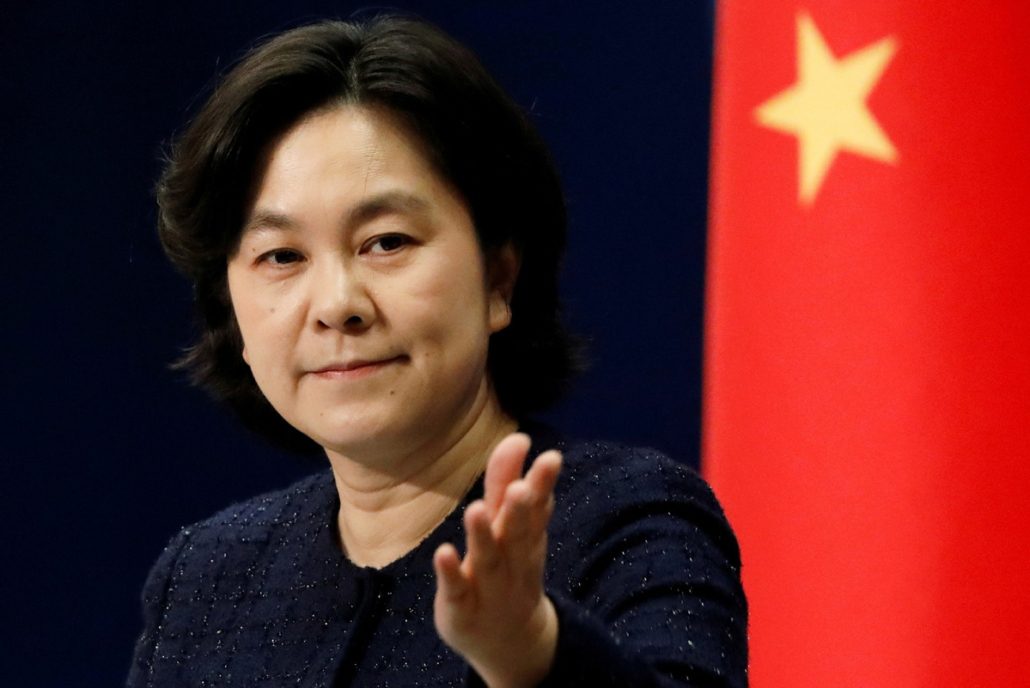Gender equality in diplomacy: Chinese and other foreign ministries
Updated on 19 March 2024

The Chinese Foreign Ministry made a welcome change in its external public outreach after 3 September 2021. While Chinese easily identify male and female names, foreigners lacking full mastery over the language (i.e., knowledge of ideogram usage), find it hard to identify gender from names. Romanized names do not convey that. Now the Chinese MFA’s website in English identifies female officials. What do we learn?
Between September 2021 and May 2023, 50 new ambassadors were appointed; of these, 6 were female. An equal number of female ambassadors were recalled at the end of their tenure. We might interpolate that the percentage of female ambassadors is around 12–15%.
These six ambassadors went to: the Maldives, Tanzania, Guyana, Antigua and Barbuda, Singapore and ASEAN (the secretariat is at Jakarta). None was in the top echelon of ambassadorships. Explanation: Countries typically send ambassadors in two or three ranks; Thailand and Turkey are among the very few that send all their ambassadors in a single high rank. Further, like Germany, China attaches a fixed rank to the post. China only sends officials ranked as vice-minister to about ten major assignments around the world. None of these six are at that rank. Among the nine vice and assistant ministers at the MFA in Beijing, one is female, Assistant Minister Hua Chunying.

In the publication Asian Diplomacy (2007) – still the only single-author comparative study of foreign ministries – I had examined gender issues in China, India, Japan, Singapore, and Thailand. Some conclusions:
- 25% of Chinese diplomats are women; a de facto ceiling exists. Across the Chinese government, the retirement age for women is 55, while for men it is 60. It is relaxed for those in the top ranks. China believes that some assignment countries are unsuitable for women; this is old-fashioned, most countries now assign women to almost all but the most hazardous locations. Indian women diplomats have served during war in Afghanistan, Lebanon and Sudan; Amb Manimekalai distinguished herself during Libya’s internal conflict, over a length of time.
- China’s first woman ambassador was Ding Xuesong, appointed to North Korea in 1979. We see that currently the percentage of women ambassadors is around half of what it ought to be, with 25% women officials in their MFA. In contrast, in many MFAs the percentage of women ambassadors is typically the same as their presence in the diplomatic service. The best-known Chinese woman diplomat was Fu Ying, former envoy to the UK and vice minister at the MFA; she now heads the Foreign Affairs Committee of the National People’s Congress. Another woman, Zheng Zeguang at vice minister rank, is currently in London.
- The title of the topmost professional diplomatic appointment in MFAs varies (USA: ‘Under Secretary of State’; France: ‘Secretary General’; Germany: ‘Secretary of State’; UK: ‘Permanent Under Secretary’; India: ‘Foreign Secretary’; China: ‘Executive Vice Minister’). The record is dismal in most countries in that women have almost never held the position. India is a rarity: three women have headed its’ diplomatic service as Foreign Secretary.
- Gender equality in MFAs is an evolving picture. The Scandinavians are perhaps the closest in real equality, with often an over 50% presence of women in their foreign ministries across all ranks.
Browse through our Diplo Wisdom Circle (DWC) blog posts.
Related blogs
Related events
Related resources
Subscribe to Diplo's Blog
The latest from Diplo and GIP
Tailor your subscription to your interests, from updates on the dynamic world of digital diplomacy to the latest trends in AI.
Subscribe to more Diplo and Geneva Internet Platform newsletters!
Diplo: Effective and inclusive diplomacy
Diplo is a non-profit foundation established by the governments of Malta and Switzerland. Diplo works to increase the role of small and developing states, and to improve global governance and international policy development.



Leave a Reply
Want to join the discussion?Feel free to contribute!